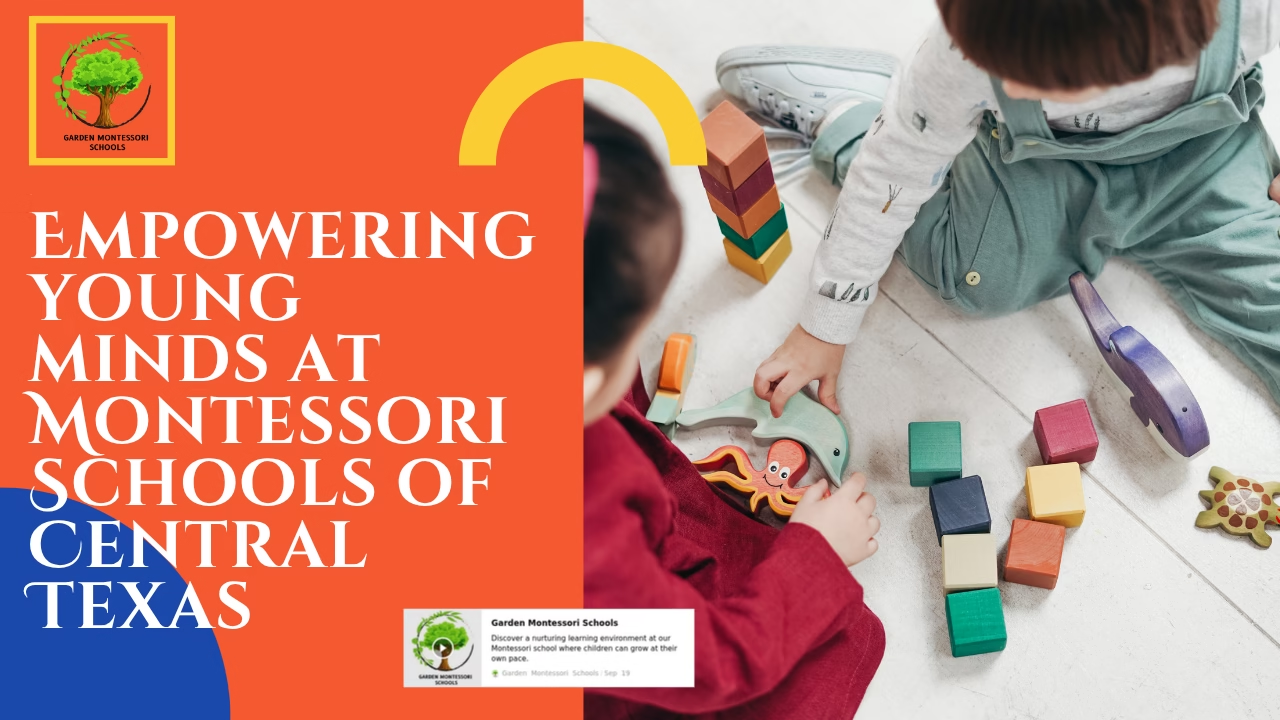Play is a fundamental aspect of childhood development.
Why Play Matters: Montessori Education’s Perspective
It is through play that children learn to explore their environment, develop social skills, and build a foundation for future learning. In the Montessori Method, play is an essential component of education, and is viewed as a powerful tool for supporting children’s development. In this blog post, we’ll explore the role of play in Montessori education and why it is so important for children’s growth and learning.
At its core, the Montessori Method is designed to help children become independent, self-motivated learners. This is achieved through a carefully designed environment that encourages exploration and discovery, and that is tailored to each child’s individual needs and interests. Play is a key component of this environment, as it allows children to engage with their surroundings in a way that is meaningful and enjoyable.
One of the ways that play supports children’s development is by helping them to build social skills. In Montessori classrooms, children are encouraged to work together on projects and to engage in collaborative play. This helps them to develop important social skills such as communication, negotiation, and problem-solving. Through play, children learn to navigate social interactions and to build meaningful relationships with their peers.
Play also supports children’s cognitive development by allowing them to explore and experiment with different ideas and concepts.
Promoting Social, Cognitive, and Emotional Growth
In Montessori classrooms, children are provided with a range of materials and activities that are designed to stimulate their curiosity and creativity. Through play, children learn to think critically, to problem-solve, and to develop a deep understanding of the world around them.
Another important aspect of play in Montessori education is that it is child-directed. In traditional educational settings, children are often expected to follow a predetermined curriculum and to learn in a specific way. In Montessori classrooms, however, children are given the freedom to choose their own activities and to learn at their own pace. This allows them to take ownership of their learning and to develop a sense of independence and autonomy.
conclusion
In conclusion, the role of play in Montessori education is vital for children’s overall development. Play supports social, cognitive, and emotional growth, and allows children to develop a love of learning that will stay with them throughout their lives. At Garden Montessori School, we are committed to providing an environment that encourages exploration, discovery, and play, and that helps children to become confident, compassionate, and creative individuals.



